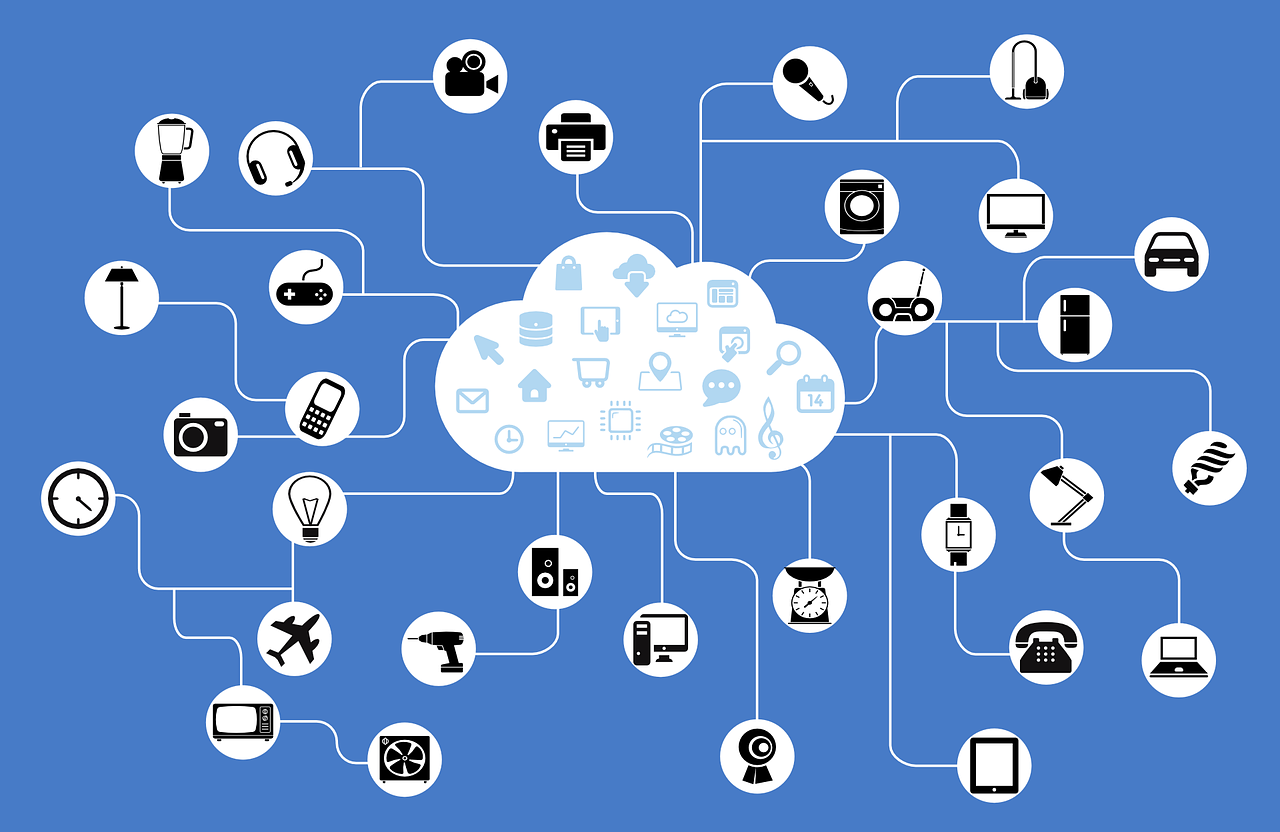PVPN Trends
Stay updated with the latest trends in privacy and security.
When Your Toaster Talks Back: The Quirky Side of IoT
Discover the hilarious world where kitchen gadgets have a mind of their own! Uncover the quirky side of IoT in your daily life.
How Smart Are Smart Appliances? Exploring the Technology Behind IoT Devices
The advent of smart appliances has revolutionized the way we interact with technology in our homes. These devices, characterized by their connectivity and automation capabilities, are a pivotal part of the Internet of Things (IoT). Smart appliances range from intelligent refrigerators that can track expiration dates of food to washing machines that allow remote control via smartphone apps. The underlying technology of these devices incorporates advanced sensors, machine learning algorithms, and cloud computing, enabling them to collect and analyze data for optimal performance. The question of how smart are smart appliances becomes crucial as consumers seek not just convenience but also efficiency and sustainability.
As we explore the technology behind IoT devices, it's essential to consider the benefits and challenges associated with smart appliances. On one hand, these devices enhance our daily lives by offering features such as energy efficiency and automated maintenance alerts. On the other hand, concerns about privacy and security arise as these appliances collect personal data. For instance, a smart thermostat learns user behavior and preferences, adjusting temperatures for comfort while aiming to reduce energy consumption. However, this level of personalization requires a balance with consumer privacy. Ultimately, the evolution of smart appliances mirrors the broader trends in technology, leading us to ask not only about their intelligence but also about our trust in them.

The Benefits and Challenges of Conversational IoT: What You Need to Know
The adoption of Conversational IoT is transforming the way we interact with our devices, making them more user-friendly and accessible. One of the primary benefits is the enhanced user experience; through voice commands and natural language processing, users can engage with technology in a more intuitive manner. This seamless interaction not only saves time but also reduces the learning curve associated with new devices. Additionally, the integration of artificial intelligence enables devices to learn and adapt to users' preferences, creating a more personalized experience.
However, the rise of Conversational IoT is not without its challenges. Privacy and security concerns loom large, as these devices often require access to sensitive personal data to function effectively. Users must navigate the complex landscape of data protection and be vigilant about the information they share. Moreover, the reliance on connectivity means that any disruption in service can lead to significant inconveniences. As developers continue to innovate, addressing these challenges will be crucial in ensuring the widespread adoption and success of Conversational IoT technologies.
What If Your Toaster Could Talk? The Future of Interactive Home Gadgets
Imagine waking up in the morning and your toaster greets you with a cheerful, warm message, "Good morning! How about some toast to start your day?" This scenario may sound like it’s straight out of a sci-fi movie, but the future of interactive home gadgets suggests that appliances could soon communicate with us in ways we never thought possible. Interactive devices are being designed to learn our preferences, adjust settings accordingly, and even suggest recipes based on the ingredients available at home. Such technology not only enhances user experience but also adds a layer of convenience and efficiency to daily tasks.
As we delve deeper into the age of smart homes, interactive gadgets will likely evolve beyond simple voice commands. Picture a toaster that not only chats with you but also monitors your dietary habits and reminds you to enjoy a balanced breakfast. With advancements in artificial intelligence, we could see an era where our homes take an active role in promoting wellness, helping us make healthier choices by suggesting meals or alerting us when we’ve reached our daily nutritional goals. The possibilities are endless, and the integration of interactivity into home appliances could redefine our relationship with technology.